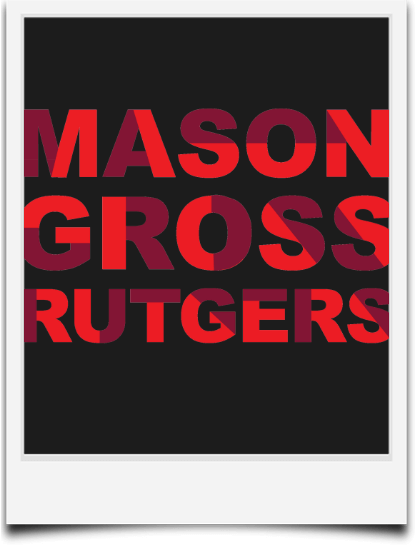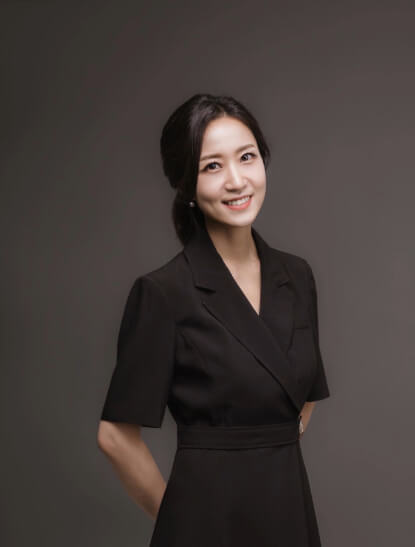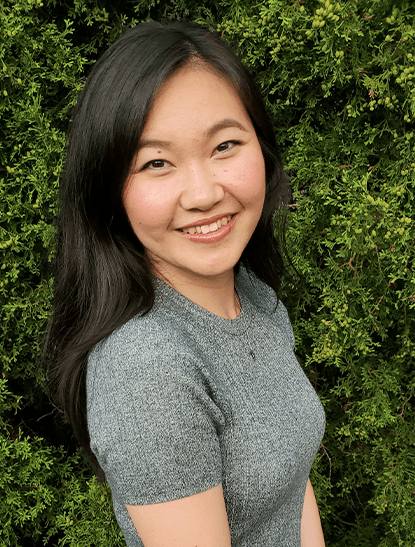Our graduate academic programs enable students to take advantage of both the professional conservatory setting within Mason Gross School of the Arts and the broad, humanistic environment of a major research university. Classes in research methods and current issues are supplemented by seminars open to musicologists, music theorists, composers, and performers. The programs focus on helping students refine their skills in critical thinking, research and writing, leading to the application of a broad range of approaches and methodologies. Students are encouraged to take courses in music analysis and performance practice as well as courses in other programs throughout the university as appropriate to their research interests. Additionally, through the Inter-university Doctoral Consortium, students may take courses at Princeton, Columbia, CUNY, NYU, the New School, Stony Brook and Fordham.
The program is designed to enable qualified master’s students to proceed straight through to the doctoral degree. Students who already have a master’s degree are encouraged to apply as well. Current faculty in musicology and music theory have areas of expertise that cover the standard repertory period, early music, contemporary music, ethnomusicology and music technology. In addition, students may participate in performance organizations (admission by audition), and the Music Department prepares graduate students to become active participants in the professional field.
The Music Department at Mason Gross School of the Arts offers graduate programs for master of arts (MA) and doctor of philosophy (PhD) through the School of Graduate Studies at Rutgers. Concentrations include:
Graduate Programs in Music: Our Vision
The musicology, music theory, and composition programs of the Mason Gross School of the Arts cultivate the study and creation of music through engagement with current methodologies in—and innovative approaches to—research and composition. We seek to foster a vibrant environment of intellectual curiosity, creativity, and collaboration, in which faculty and students of varied backgrounds may explore together the theory and practice of music throughout history and within contemporary culture. Our classes, concerts, lectures, conferences, and workshops build upon our position both within a professional conservatory setting and as part of the broad, humanistic environment of a major research university. We encourage the development of ideas about music through the application of traditional and nontraditional methods, interdisciplinary approaches, emerging technologies and especially critical thinking and writing. Serving a community of performers, composers, and scholars, we promote inquiry into music of the past and the present and the development of a vision for music in the future.
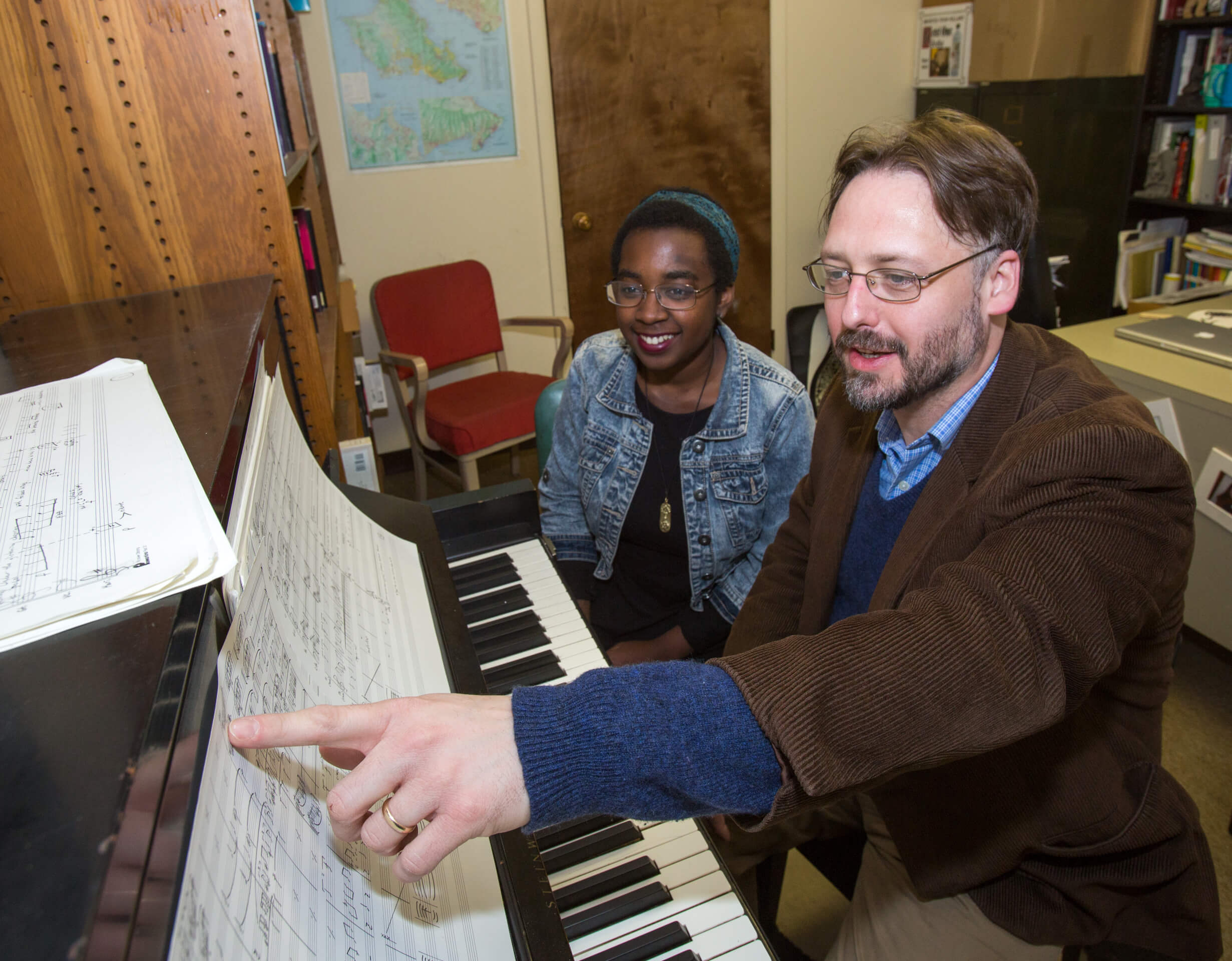
Composition
The Music Department offers the master of arts (MA) in composition and the doctor of philosophy (PhD) in composition.
At the graduate level, students work closely with our award-winning composition faculty whose expertise includes opera and vocal ensemble music, symphonic music, chamber music, site-specific works, and electroacoustic music as well as interactive music and instrument design. Weekly private instruction in composition for 12 weeks of the semester is supplemented by seminars in musicology, theory, and music technology. Graduate students may also take courses in other departments throughout the university as appropriate to their research interests.
At the PhD level, individualized qualifying exams prepare students for the dissertation, which consists of a major composition as well as a substantial essay on a subject related to the field of contemporary music. Through coursework, exams, and the written dissertation, doctoral students develop an area of secondary expertise and are prepared to teach both composition and cognate subjects at the university level. PhD students may also enroll in classes at Princeton, Columbia, CUNY, NYU, the New School, Stony Brook, and Fordham through the Inter-University Doctoral Consortium. In all degree programs, students receive intensive career development mentorship to prepare them for graduate school or professional life. Learn more about degree requirements for our composition program.
Each year, our composers take part in a variety of department-sponsored opportunities:
- Reading sessions of student orchestral works by the Rutgers Symphony Orchestra
- Concerts of student chamber music presented by the Rutgers University New Music Ensemble
- Performances by HELIX, the graduate contemporary chamber orchestra
- Annual concerts of electroacoustic music through the New Jersey Digital Audio Concert series
- Performances of student works for laptop orchestra by the Rutgers Interactive Music Ensemble
- Composer-choreographer collaborations in partnership with the Dance Department
- Composing for visiting professional soloists and ensembles
- Reading sessions of student works by Rutgers Wind Bands
Undergraduate and graduate composers are required to participate in the composition practicum, where students share their in-progress pieces, collaborate with members of the other programs at Mason Gross and attend lectures by visiting composers. The practicum also covers issues of notation, score preparation, compositional form, professional development and affiliations, rehearsal techniques, and other practical issues for the contemporary composer. Students are also encouraged to pursue off-campus professional opportunities while they are at Rutgers. The faculty guide students through the process of submitting appropriate work to conferences, festivals, and journals, and students may apply for funds for professional travel. Our proximity to New York City allows students to immerse themselves fully in one of the most active new music communities in the world. Students may also present their academic work at meetings of the Rutgers University Musicological Society. Also available are part-time lecturer and assistant teaching positions, which offer valuable classroom experience under the guidance of experienced faculty.
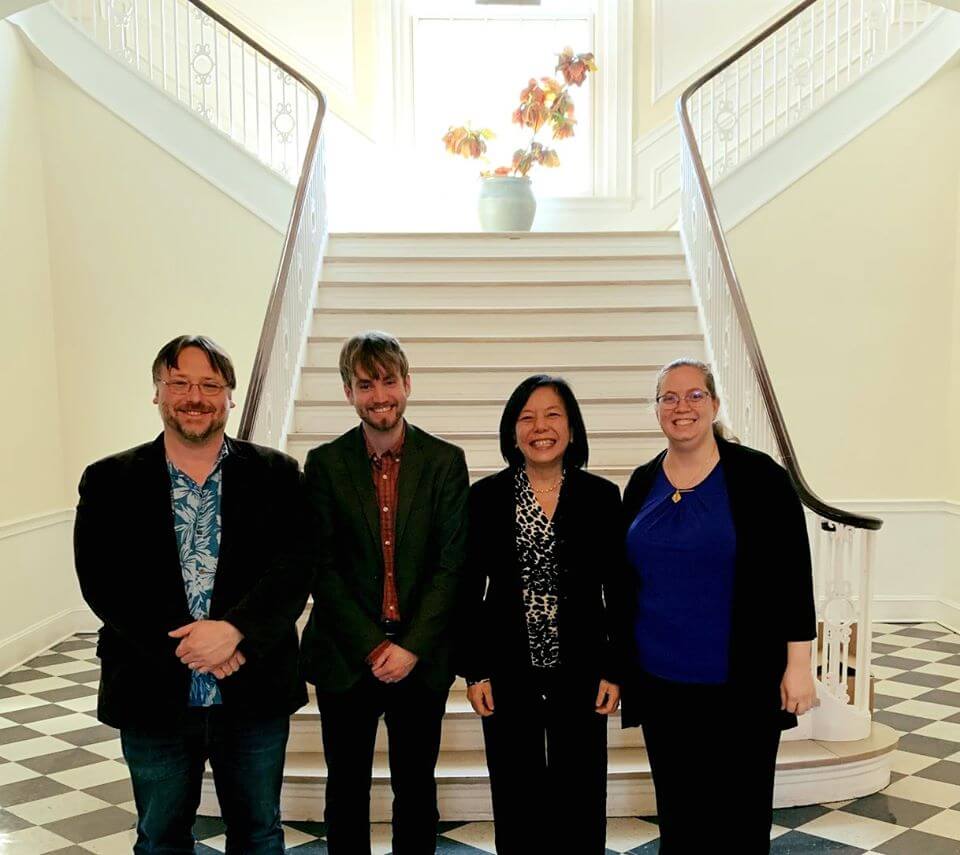
Music Theory
The Music Department offers the master of arts (MA) in music theory and the doctor of philosophy (PhD) in music theory.
Required seminars on research methods and current topics in music theory are offered regularly. Theory seminars cover all major areas of the profession, including Schenkerian analysis, neo-Riemannian theory, post-tonal theory, perception and cognition, and rhythm studies. In addition, seminars in the history of theory are available with the musicology faculty. These seminars are designed to expose students to current research and to impart skills in analysis, critical thinking, research, writing, and oral presentation. Students will benefit from a particularly rich array of post-1900 topics, as the faculty’s research interests encompass atonal music, popular music, Chinese opera, cultural synthesis in contemporary music, American ultra-modern music, and women and gender studies. On a rotating basis small seminars on topics in musicology and theory are offered by the music faculty or by faculty from other departments. Graduate courses in music literature and historic performance practice may also be taken for credit toward the degree.
Graduate students are encouraged to pursue professional opportunities during their tenure at Rutgers. They may present their work in progress at meetings of the Rutgers University Musicological Society, which also provides opportunities for leadership. Teaching and assistant teaching positions offer valuable classroom experience under the guidance of experienced faculty. The faculty guide students through the process of submitting appropriate work to professional conferences and journals, and students may apply for funds for conference travel. Rutgers students enjoy access to a number of consortium libraries and research facilities. The Performing Arts Library is an outstanding research facility and supports many online music and scholarly resources.
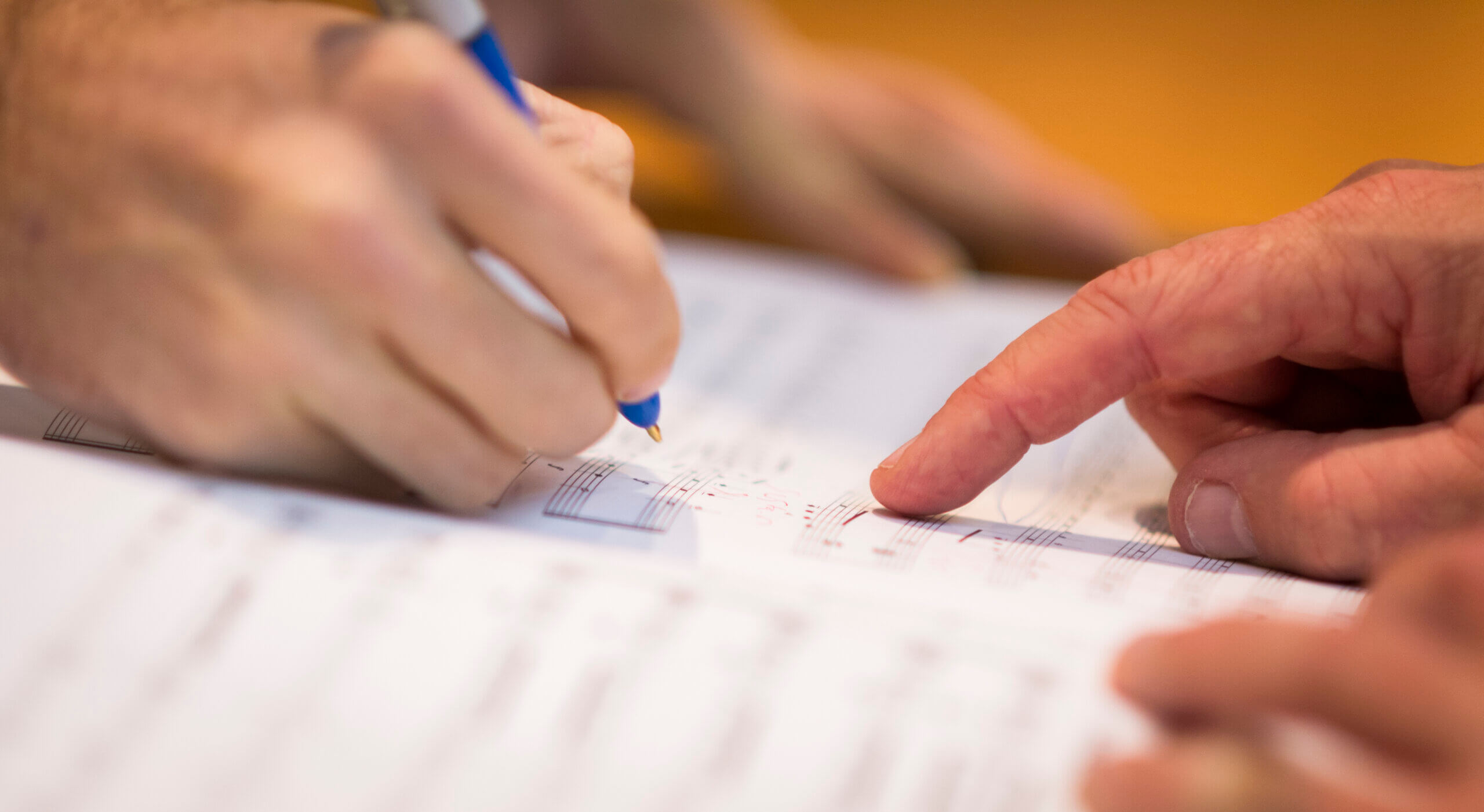
Musicology
The Music Department offers the master of arts (MA) in musicology and the doctor of philosophy (PhD) in musicology.
Coursework in the musicology program ensures that students are well equipped in research methods, writing, and critical thinking in dealing with a wide range of repertories and musical practices. Introduction to Research provides a firm foundation upon which to build a long-term research agenda. Courses equip students to think creatively about music in a variety of geographic, cultural, and disciplinary contexts, while seminars in musicology allow students to work closely with faculty in their main areas of current research.
Graduate students are encouraged to pursue professional opportunities during their tenure at Rutgers. They may present their work in progress at meetings of the Rutgers University Musicological Society, which also provides opportunities for leadership. Teaching and assistant teaching positions offer valuable classroom experience under the guidance of experienced faculty. The faculty guides students through the process of submitting appropriate work to professional conferences and journals, and students may apply for funds for conference travel. Rutgers students enjoy access to a number of consortium libraries and research facilities. The Performing Arts Library is an outstanding research facility and supports many online music and scholarly resources; its head librarian, Bret McCandless, is also a musicologist. PhD students may also enroll in classes at Princeton, Columbia, CUNY, NYU, the New School, Stony Brook, and Fordham through the Inter-University Doctoral Consortium. In all degree programs, students receive intensive career development mentorship to prepare them for graduate school or professional life.






















